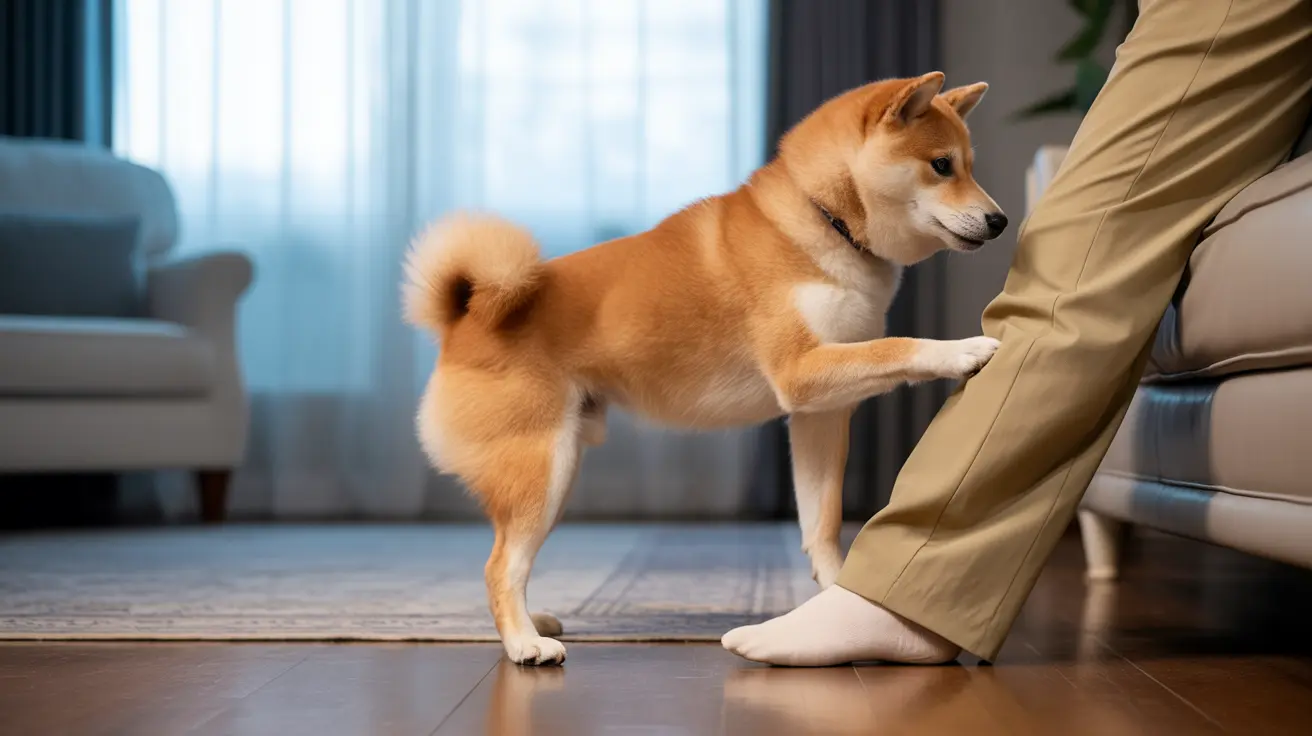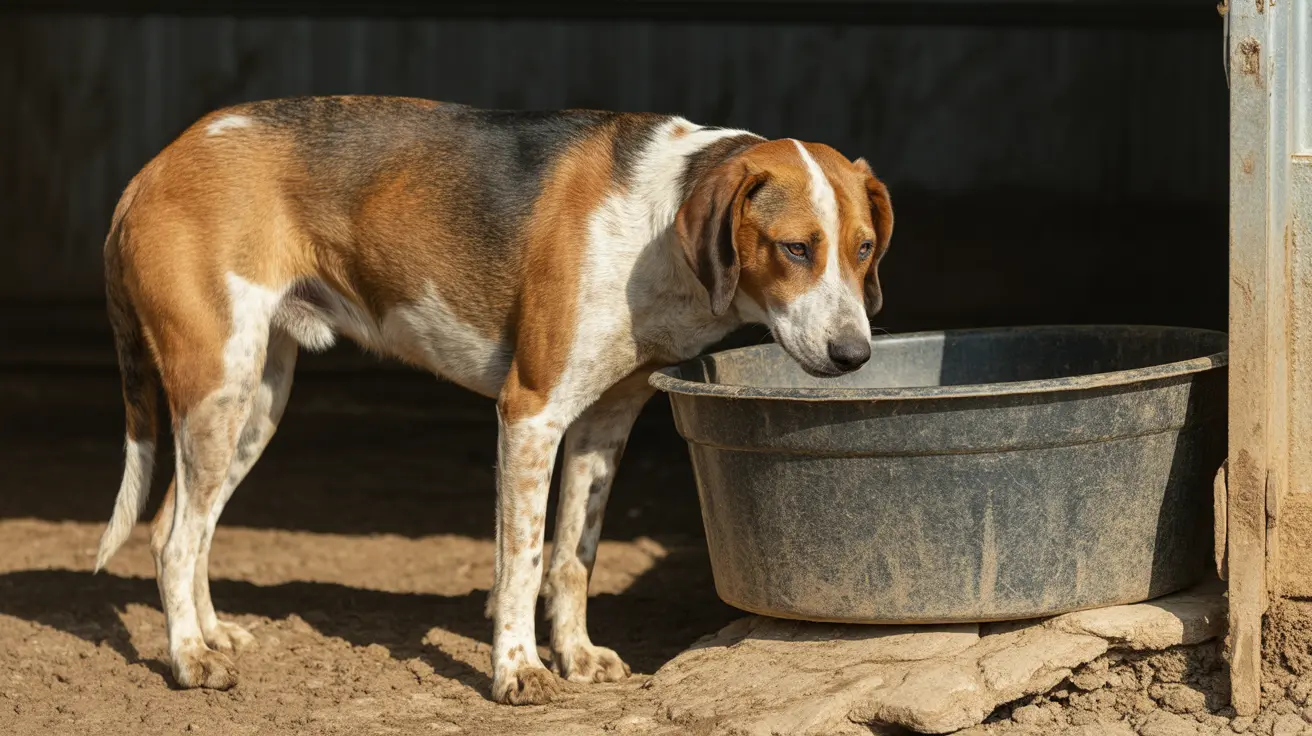Having your dog urinate on you can be both surprising and distressing. While this behavior might seem disrespectful or intentionally defiant, it's actually a complex form of canine communication that can stem from various emotional, physical, or behavioral causes. Understanding why dogs exhibit this behavior is crucial for addressing it effectively and maintaining a healthy relationship with your pet.
Understanding the Root Causes
Submissive Urination
One of the most common reasons dogs pee on people is submissive urination. This behavior typically occurs when dogs feel intimidated or want to show deference to someone they perceive as dominant. Puppies and timid adult dogs are particularly prone to this behavior.
Signs of submissive urination include:
- Crouching or lowering the body
- Avoiding eye contact
- Tucking the tail
- Rolling over to expose the belly
- Urinating when approached or petted
Excitement-Based Urination
Some dogs, especially young puppies and highly energetic breeds, may urinate when overwhelmed with excitement. This often happens during greetings or play sessions. The dog simply loses control of their bladder due to heightened emotional arousal.
Territorial Marking
Dogs might urinate on people as a form of scent marking. This behavior is more common in unneutered males but can occur in any dog. When marking, dogs are essentially claiming you as part of their territory or social group.
Medical Considerations
Sometimes, inappropriate urination can signal underlying health issues, including:
- Urinary tract infections
- Bladder stones
- Diabetes
- Age-related incontinence
- Hormonal imbalances
If your dog suddenly starts peeing on people or shows changes in urination habits, consult a veterinarian to rule out medical causes.
Prevention and Training Solutions
Building Confidence
For submissive urinators, focus on building confidence through:
- Positive reinforcement training
- Avoiding intimidating postures or loud voices
- Letting the dog approach people on their own terms
- Rewarding calm, confident behavior
Managing Excitement
To prevent excitement-based urination:
- Keep greetings low-key
- Ignore the dog until they calm down
- Establish consistent greeting routines
- Practice impulse control exercises
Environmental Management
Create a supportive environment by:
- Maintaining a consistent routine
- Providing regular bathroom breaks
- Using positive reinforcement training methods
- Creating safe spaces where your dog can retreat when overwhelmed
Frequently Asked Questions
Why does my dog pee on me when I try to greet or approach them?
This is typically submissive urination, occurring when your dog feels intimidated or wants to show they're not a threat. It's especially common in puppies and insecure dogs. Approach your dog calmly and avoid looming over them to reduce this behavior.
How can I tell if my dog peeing on me is due to submissive urination or excitement?
Submissive urination usually comes with cowering, tail tucking, and avoiding eye contact. Excitement urination typically occurs during happy greetings, with a wagging tail and energetic behavior. Understanding these differences helps determine the appropriate training approach.
What should I do if my dog urinates on me to seek attention or because of anxiety?
Address the underlying cause by ensuring your dog gets adequate exercise, mental stimulation, and attention. For anxiety-related urination, work with a professional trainer to build confidence and reduce stress triggers.
Can medical problems cause a dog to start peeing on people suddenly?
Yes, sudden changes in urination habits can indicate medical issues like urinary tract infections, diabetes, or incontinence. Always consult a veterinarian if this behavior develops suddenly or is accompanied by other symptoms.
How do I stop my dog from peeing on me without making the behavior worse?
Never punish your dog for this behavior, as it can increase anxiety and make the problem worse. Instead, focus on positive reinforcement, building confidence, and maintaining a consistent routine. For persistent issues, consult a professional dog trainer or behaviorist.






